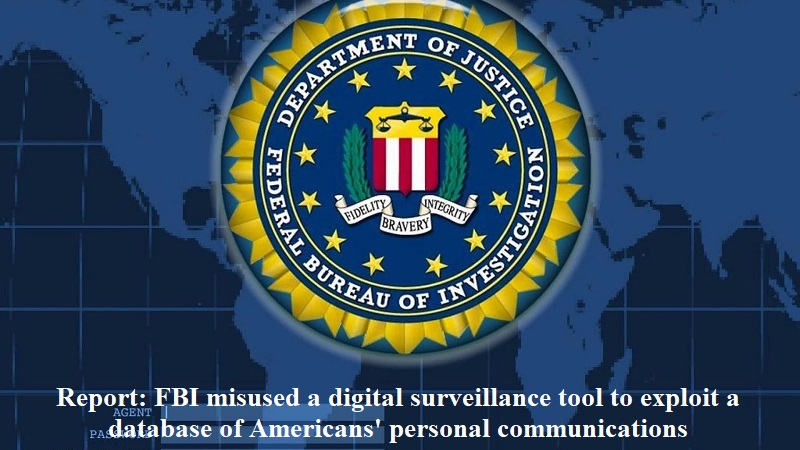
According to a recently unsealed court document, the Federal Bureau of Investigation (FBI) reportedly misused a digital surveillance tool to access a restricted database of Americans’ personal communications. The misuse allegedly occurred when checking the names of crime victims, participants in Black Lives Matter protests, and individuals involved in the 2021 Capitol assault, as reported by the news agency AFP.
The declassified rulings from the Foreign Surveillance Intelligence Court revealed that the FBI accessed the database approximately 278,000 times in recent years, often without providing an explanation. The database contains private emails, text messages, and other communications that the National Security Agency (NSA) collects when conducting surveillance on foreign targets.
While the FBI is authorized to access the NSA database solely for foreign intelligence investigations, the court decisions indicated that they did so regularly for domestic purposes.
These documents were made public as Congress considers the renewal of Section 702, a statute that allows the NSA to access internet accounts hosted in the United States for the purpose of spying on foreign intelligence targets.
FBI officials claim to have already addressed the issues and attribute them to a misunderstanding between their employees and lawyers from the Department of Justice regarding the proper use of the Section 702 database under the Foreign Intelligence Surveillance Act (FISA).
Some lawmakers argue that Section 702 should be revised to better safeguard Americans’ personal information. Intelligence agencies express concerns that such reforms could hinder their operations, but legal experts and Democrats argue that the revelations highlight the need for reforms.
Patrick Toomey of the American Civil Liberties Union (ACLU) stated, “The government has significantly expanded its spying activities under Section 702 in ways that Congress never envisioned, but it refuses to disclose its actions to the American people.”
Senator Ron Wyden, a vocal critic of Section 702, described the intelligence court records as revealing “shocking abuses” of the statute. He emphasized the necessity of statutory reforms to establish appropriate checks and balances if Section 702 is to be reauthorized.

Post Your Comments